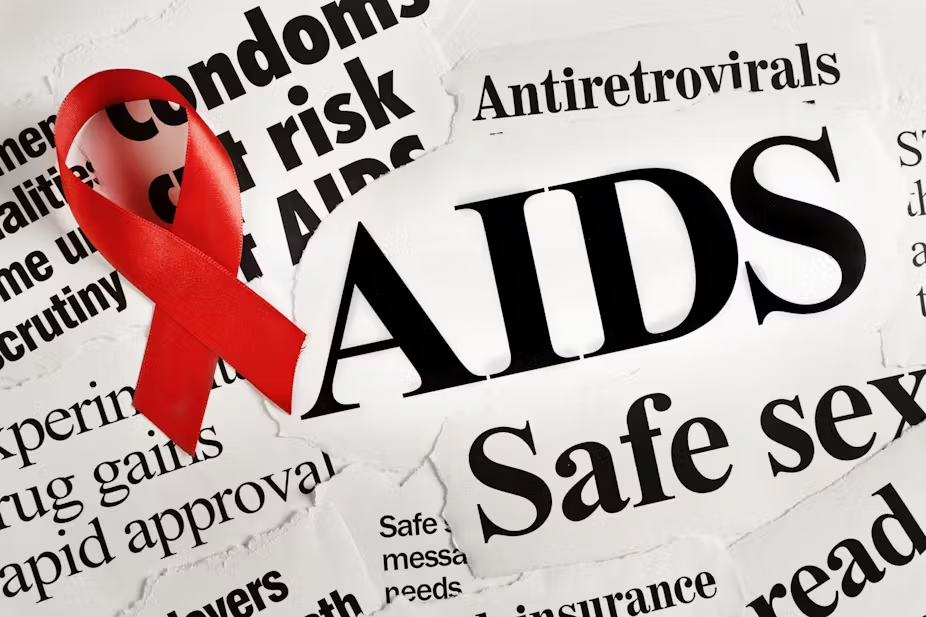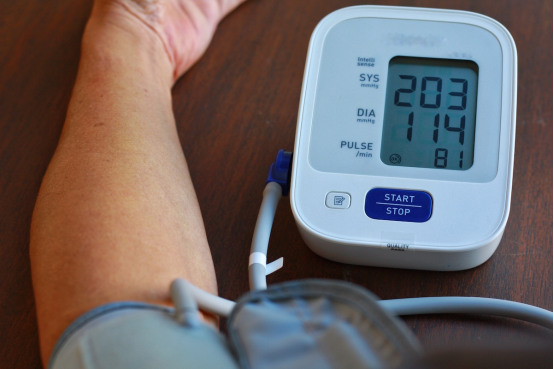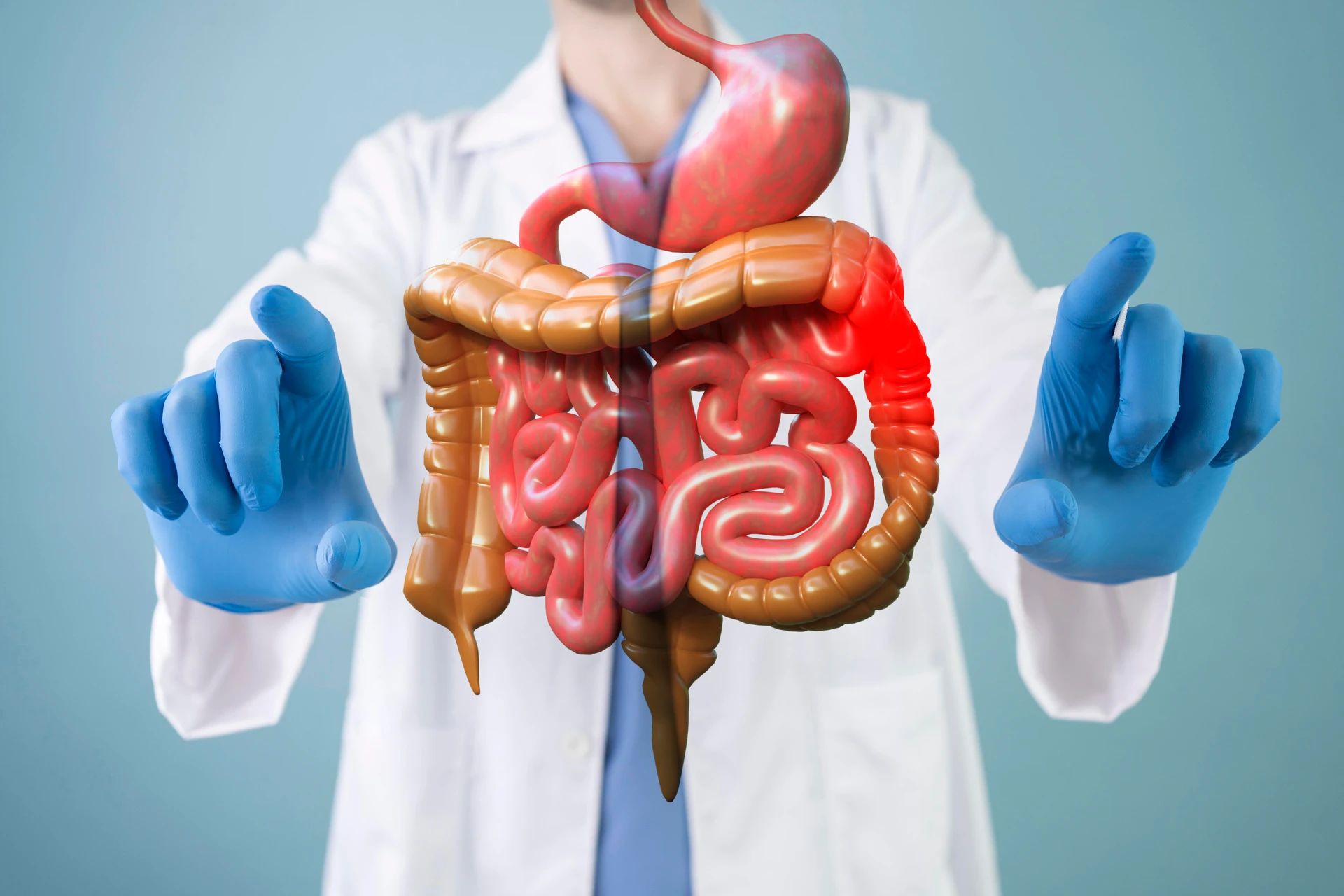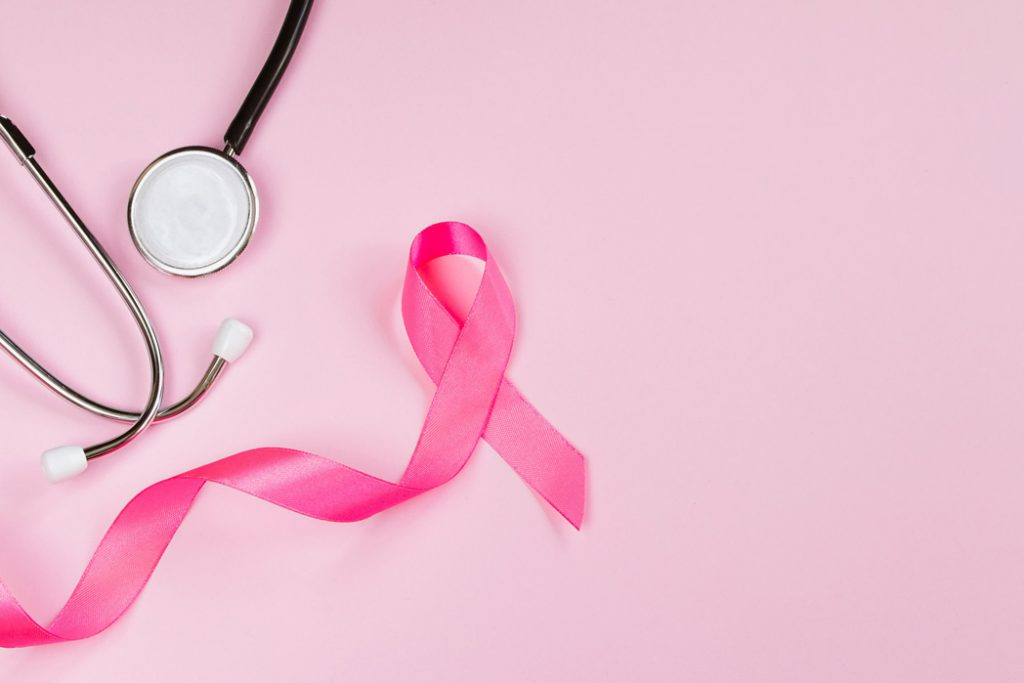
High blood pressure, or hypertension, affects millions of people around the world. Often dubbed the "silent killer," high blood pressure can damage your heart, kidneys, and other vital organs without any noticeable symptoms. But the good news is that high blood pressure is manageable — and with the right lifestyle changes, medications, and regular monitoring, you can significantly reduce your risks.

Whether you're newly diagnosed or looking for ways to better manage your hypertension, this guide will provide practical tips and expert recommendations to help you take control of your health.
1. Adopt a Heart-Healthy Diet
One of the most effective ways to manage high blood pressure is through your diet. The DASH Diet (Dietary Approaches to Stop Hypertension) has been proven to lower blood pressure by emphasizing foods that are rich in potassium, calcium, and magnesium, while reducing sodium intake. Here are some key dietary tips:
- Eat more fruits and vegetables: Aim for 5-9 servings a day.
- Choose whole grains: Replace refined grains with whole grains like brown rice, oats, and quinoa.
- Limit sodium: Try to reduce your sodium intake to 1,500-2,300 mg per day (about a teaspoon of salt).
- Include lean proteins: Opt for skinless poultry, fish, beans, and nuts.
- Reduce processed foods: Minimize your intake of packaged and fast foods, which are often high in sodium and unhealthy fats.
Pro Tip: Small changes like swapping table salt for herbs and spices can make a big difference in reducing your sodium intake.
2. Exercise Regularly
Physical activity is essential for managing high blood pressure. Engaging in regular aerobic exercise strengthens your heart and helps your blood vessels work more efficiently. Aim for at least 150 minutes of moderate-intensity exercise per week, such as:
- Brisk walking
- Cycling
- Swimming
- Jogging or running
Strength training (using weights or resistance bands) is also beneficial, but make sure to balance it with aerobic activities. Aim to incorporate strength training at least two days a week.
Pro Tip: Start slow if you're new to exercise, and gradually increase the intensity. Even a daily walk can help lower your blood pressure over time.
3. Maintain a Healthy Weight
Losing excess weight can significantly lower your blood pressure. In fact, studies have shown that losing just 5-10% of your body weight can result in noticeable improvements. Here are some strategies to help with weight management:
- Track your calories: Use apps or journals to monitor what you eat.
- Eat smaller, more frequent meals: This can help control hunger and boost metabolism.
- Focus on portion control: Eating mindfully can prevent overeating.
- Stay hydrated: Drinking plenty of water helps support metabolism and digestion.
Pro Tip: Weight loss is a gradual process, so aim for steady progress rather than drastic changes. Consistency is key.
4. Limit Alcohol and Caffeine
Both alcohol and caffeine can temporarily raise your blood pressure. While occasional consumption is generally safe for most people, excessive intake can have harmful effects. Here's how to manage your intake:
- Limit alcohol: Men should have no more than two drinks per day, and women should stick to one drink or less.
- Monitor caffeine: Reduce your intake of caffeinated beverages like coffee, soda, and energy drinks. If you're sensitive to caffeine, consider limiting your consumption or switching to decaf.
Pro Tip: Choose water, herbal teas, or diluted fruit juices as healthier alternatives to sugary sodas and caffeinated drinks.
5. Manage Stress
Chronic stress is a major contributor to high blood pressure. Learning to manage your stress levels can help improve your overall health and lower your blood pressure. Here are some effective stress-relief strategies:
- Practice mindfulness or meditation: These techniques can reduce stress and improve heart health.
- Deep breathing exercises: Slow, deep breaths can help calm the nervous system and lower blood pressure.
- Take time to relax: Engage in activities that make you feel relaxed, like reading, listening to music, or taking a bath.
- Get enough sleep: Aim for 7-8 hours of restful sleep each night to help your body recover from daily stress.
Pro Tip: Try incorporating a short meditation session into your daily routine. Even 5-10 minutes can make a big difference.
6. Medication and Regular Monitoring
In some cases, lifestyle changes may not be enough to control high blood pressure. Your doctor may recommend medication to help manage your condition. Common medications include:
- ACE inhibitors
- Beta-blockers
- Diuretics
- Calcium channel blockers
- Angiotensin II receptor blockers (ARBs)
It's crucial to take your medications exactly as prescribed. Skipping doses can lead to a spike in blood pressure, which can increase the risk of heart disease and stroke.
Pro Tip: Regularly monitor your blood pressure at home or at your doctor's office to track your progress and ensure your treatment plan is effective.
7. Know Your Numbers
Monitoring your blood pressure regularly is essential for understanding how well you're managing your condition. Keep track of your readings and share them with your healthcare provider during visits. A normal blood pressure reading is typically below 120/80 mm Hg. Hypertension is diagnosed when readings consistently exceed 130/80 mm Hg.
Pro Tip: Invest in a home blood pressure monitor to easily track your numbers between doctor visits.
Conclusion: Taking Control of Your Health
Managing high blood pressure is a lifelong commitment, but the effort is well worth it. By adopting a heart-healthy diet, exercising regularly, reducing stress, maintaining a healthy weight, and following your doctor's advice, you can significantly reduce your risks and live a long, healthy life.
If you're unsure where to start, consult with your healthcare provider. Together, you can create a personalized plan that works for your lifestyle and helps you take control of your health.
Ready to Lower Your Blood Pressure? Start Today!
Take small steps toward a healthier lifestyle, and watch the positive changes unfold. If you need more tips or guidance, don’t hesitate to reach out to a healthcare professional. Your heart will thank you!







